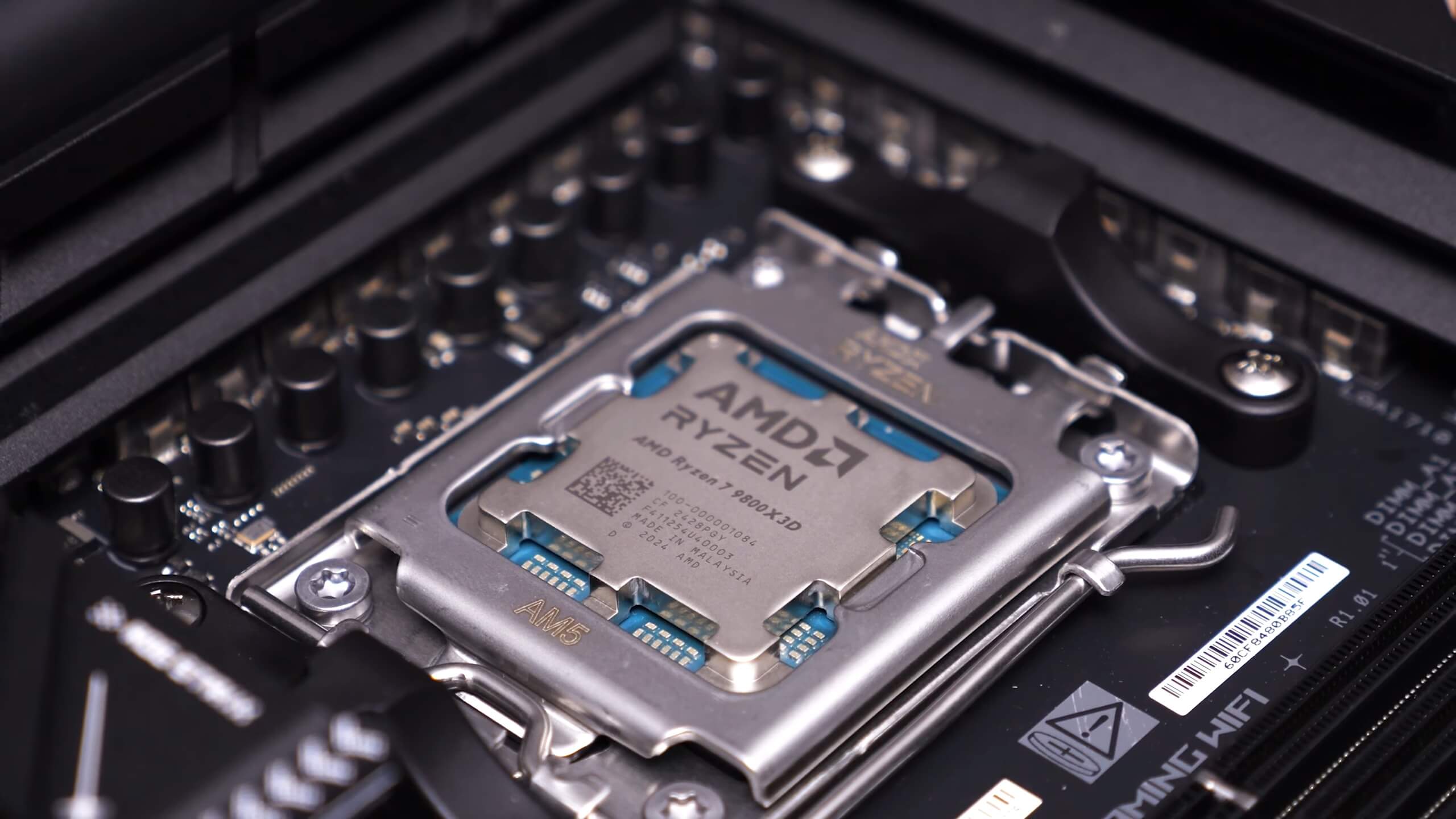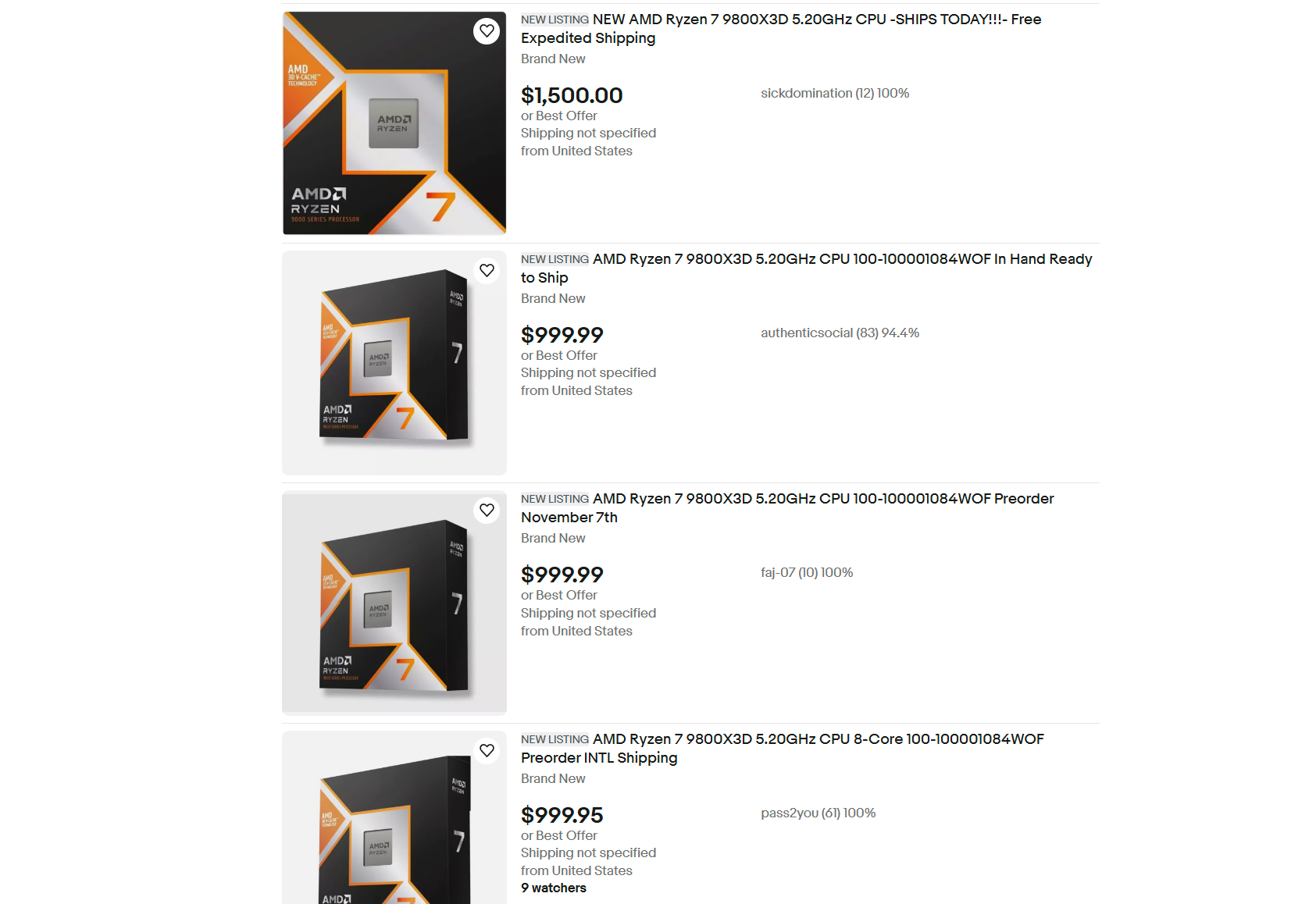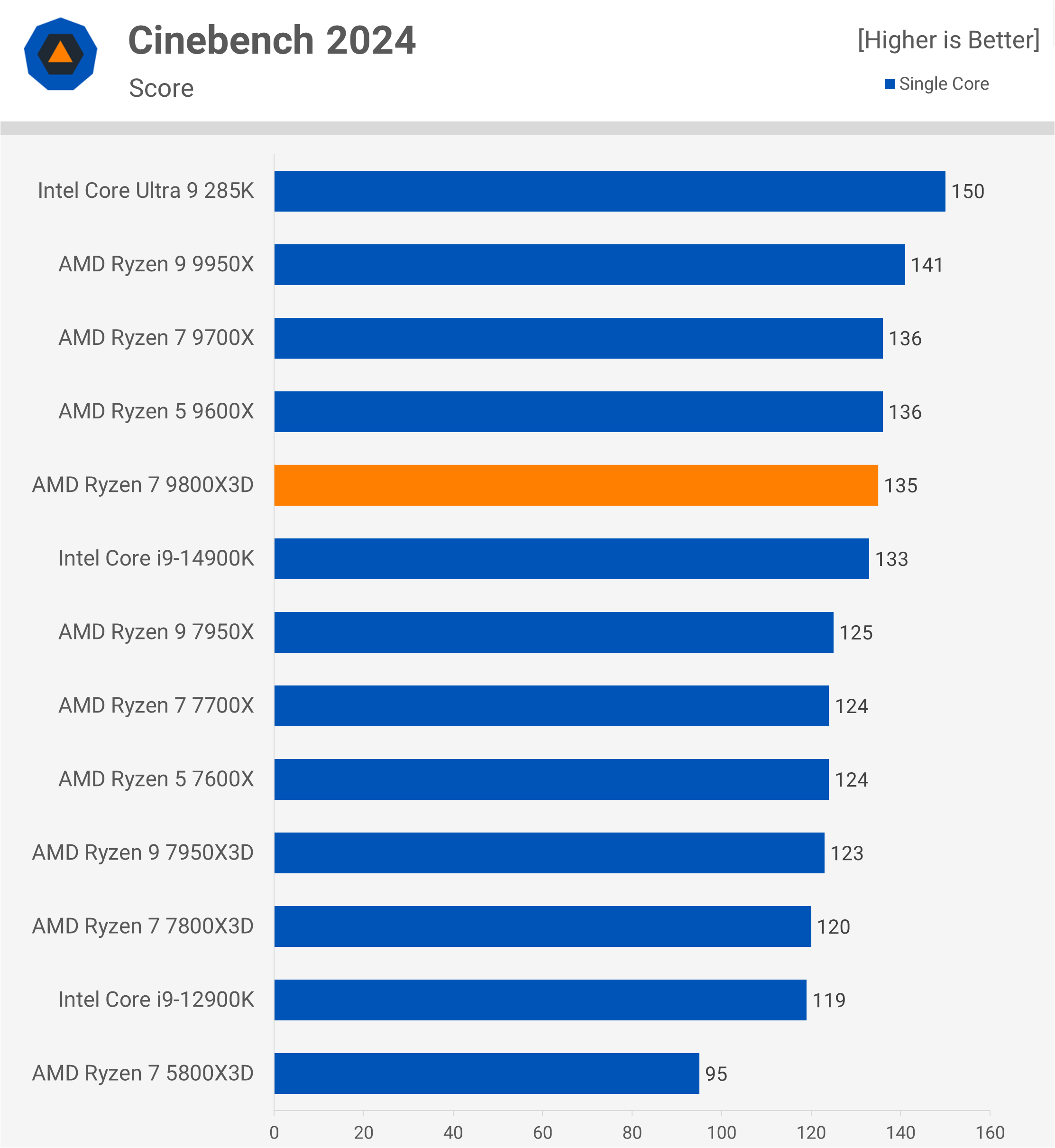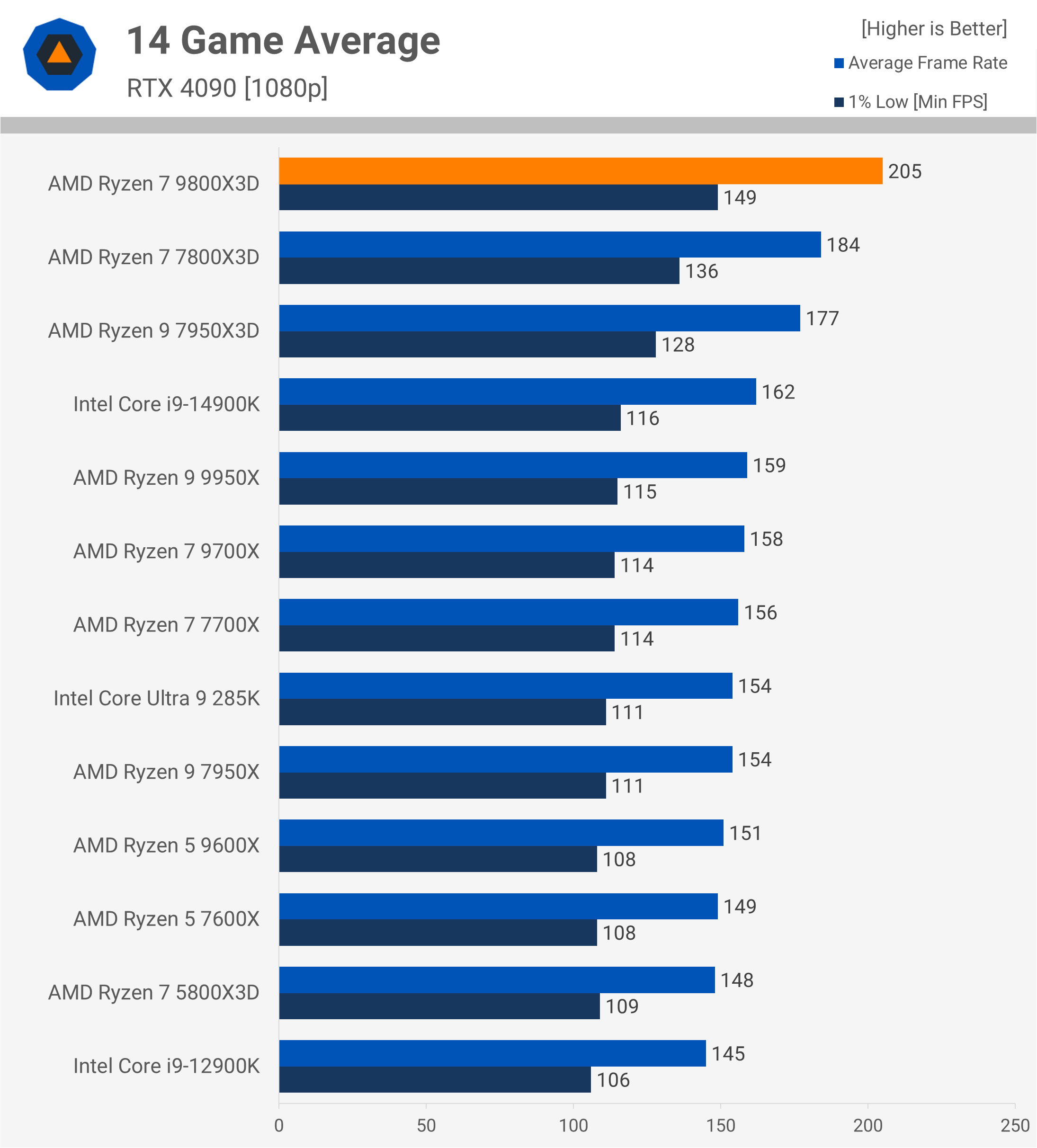Facepalm: It's fair to say that the UserBenchmark website does not have the best reputation among PC hardware fans. It seems to have a particular dislike of AMD, as illustrated by the recent review of the Ryzen 7 9800X3D. The CPU has been so successful that it's sold out in most places, but UserBenchmark claims this is merely the result of AMD's aggressive marketing rather than real-world performance, and suggests that you buy an Intel i5-13600K instead.
While it might not be very popular among ardent tech users, UserBenchmark remains a widely used tool for the general consumer and its comparisons rank highly in Google search results.
But the site has faced plenty of criticism over the years, especially when it comes to apparent bias against AMD's processors in favor of Intel. Its Trustpilot entry, where it has a rating of 1.4, is filled with comments pointing this out.
The latest scandal hitting the site relates to its review of the Ryzen 7 9800X3D. We love AMD's latest processor, calling it the new gaming CPU king in our review. Other reviewers agree, which is why the chip is sold out in many locations and scalpers are charging up to $1,500 (not that it's nearly that good).
UserBenchmark has a rather less positive view of the 9800X3D. It notes that the additional cache results in 6% lower boost clocks and 40% higher prices than the 7700X and 9700X.
It ignores the fact that the 64MB L3 cache is now positioned below the cores instead of on top of them, improving performance. This means the single-core performance of the 9800X3D and 9700X is virtually identical, while the new chip outperforms the 7700X.
One section of UserBenchmark's review causing a lot of controversy is its claim that AMD is looking to drive demand through aggressive marketing rather than the 9800X3D's real-world performance. The site places AMD's success in this area on Intel's sub-par marketing of its CPUs.
Also see: How We Test: CPU Benchmarks, Misconceptions Explained
Just in case the review hasn't annoyed enough people, it concludes that spending more than $200 on a gaming CPU is often pointless, as games are generally limited by the GPU in real-world scenarios. The site suggests gamers would be better off buying the Intel 13600K or 14600K instead of AMD's excellent chip.
Below are our 14-game average results for the 9800X3D compared to other processors.
UserBenchmark is no stranger to controversy. It adjusted its scoring algorithm in favor of single-threaded performance a few years ago, inflating scores in such a way that don't appear to be entirely representative of the processor in question. It currently places the Ryzen 7 9800X3D in 12th position based on performance in its CPU rankings chart.



